Perhaps today you want to start a healthy lifestyle, reconsider your way of eating and add more plant foods to your daily diet. But how to make sure that when we eat plant foods, the chemical and synthetic fertilizers that are so widely used in agriculture in recent times do not enter the body?
Why should you go organic?
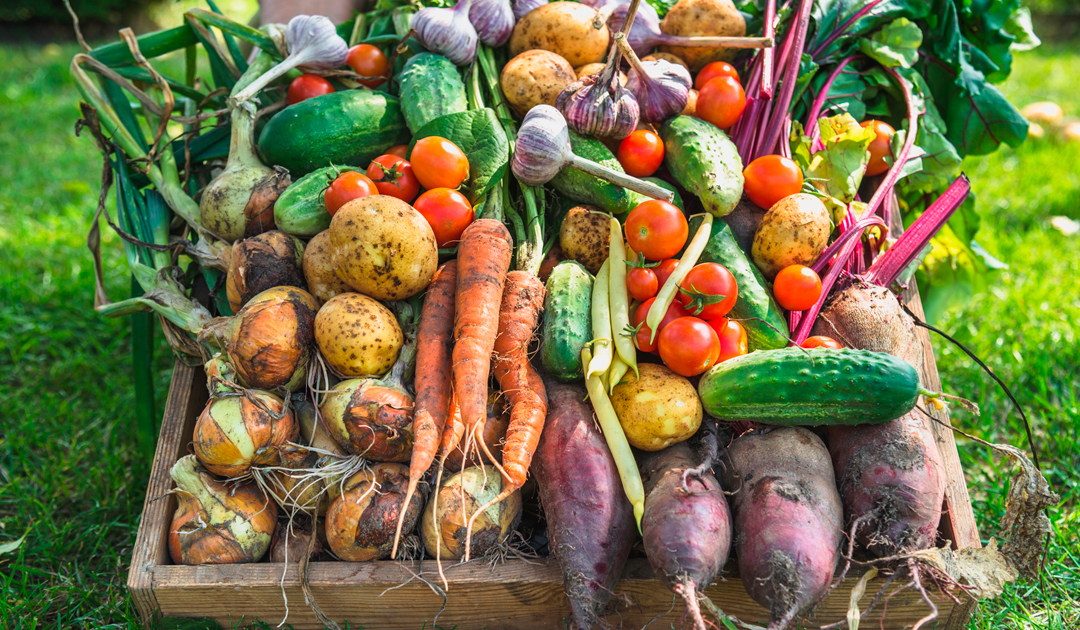
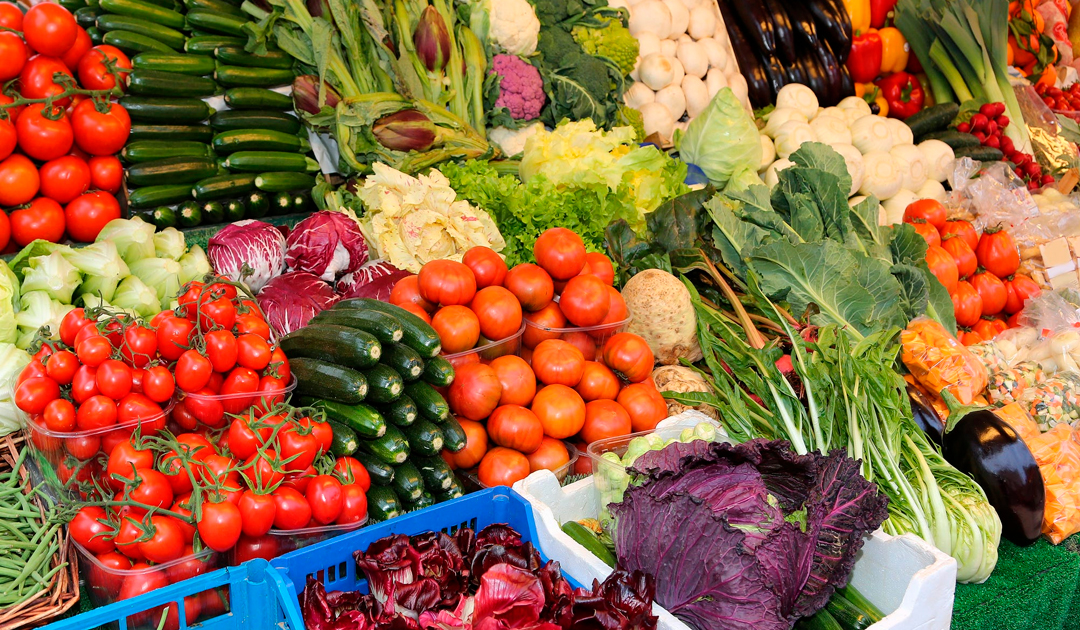
Organic farm-grown products are, of course, much healthier than those that are widely presented in supermarkets. Today, this trend of organic food lovers is gaining momentum and is increasingly attracting the attention of the consumer. Why is there such a hype around this topic and why do many advise using organic products that are grown on specialized farms and bring invaluable benefits to the body? What is the difference between regular and organic vegetables and how does this relate to eco-consumption and healthy eating? Let’s try to figure it out.
BACK TO THE ROOTS

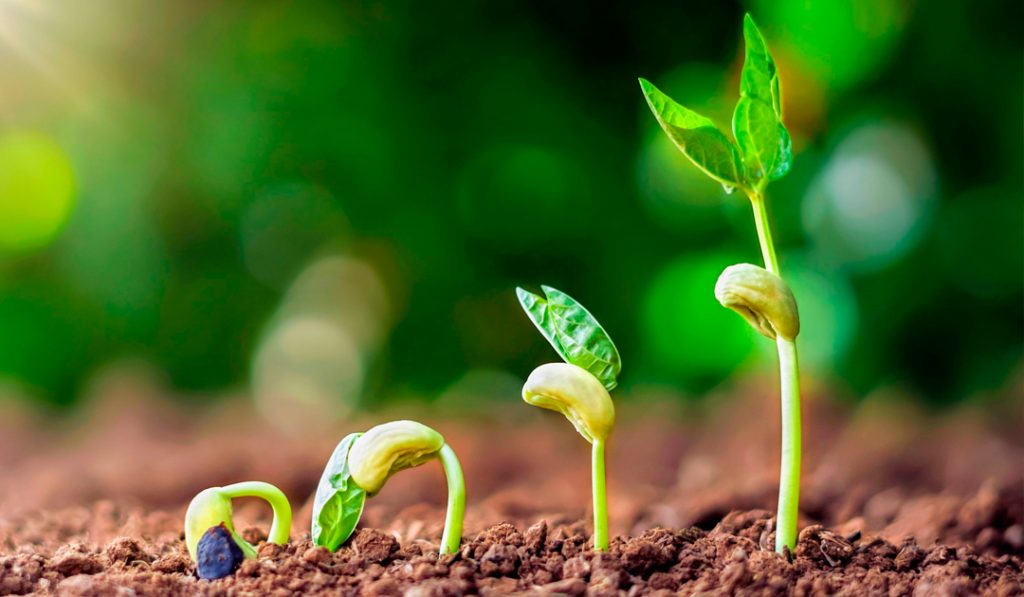
The main difference between the so-called “organic” and “inorganic” products is the way they are grown. Organic is food grown in a natural way without the use of synthetic pesticides, genetically modified organisms (GMOs), growth regulators, antibiotics, and other chemical components. Mother nature independently created an amazing system for providing plants with everything necessary for growth: air, water, and the necessary minerals. How does this happen? Growing, the roots of plants loosen the soil and create conditions for the flow of oxygen. At the same time, the natural upper dense layer remains intact, which retains moisture in the soil. The soil does not dry out and does not require frequent watering.
NATURAL FERTILIZERS FROM MOTHER NATURE
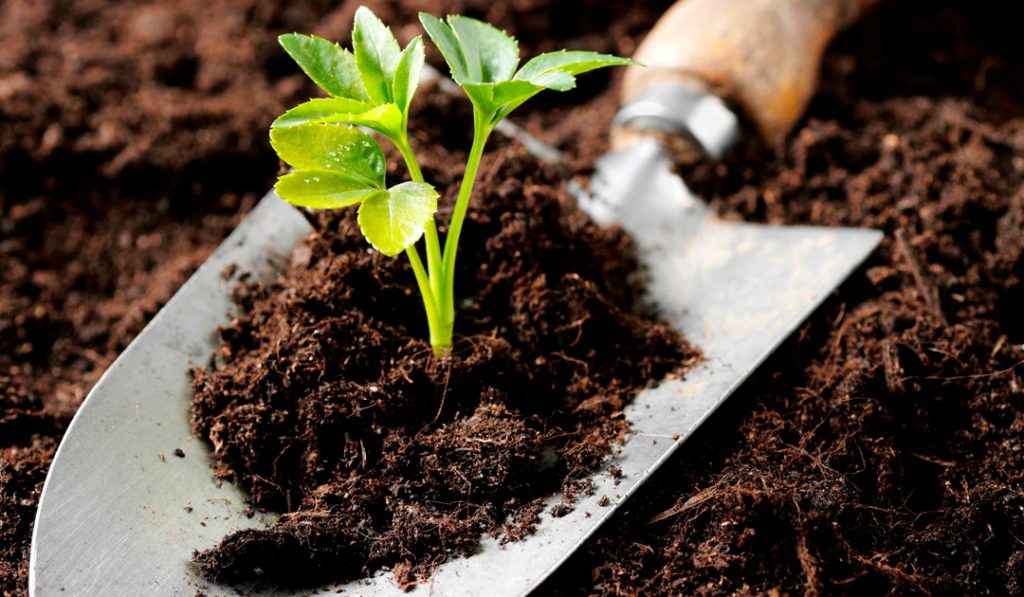
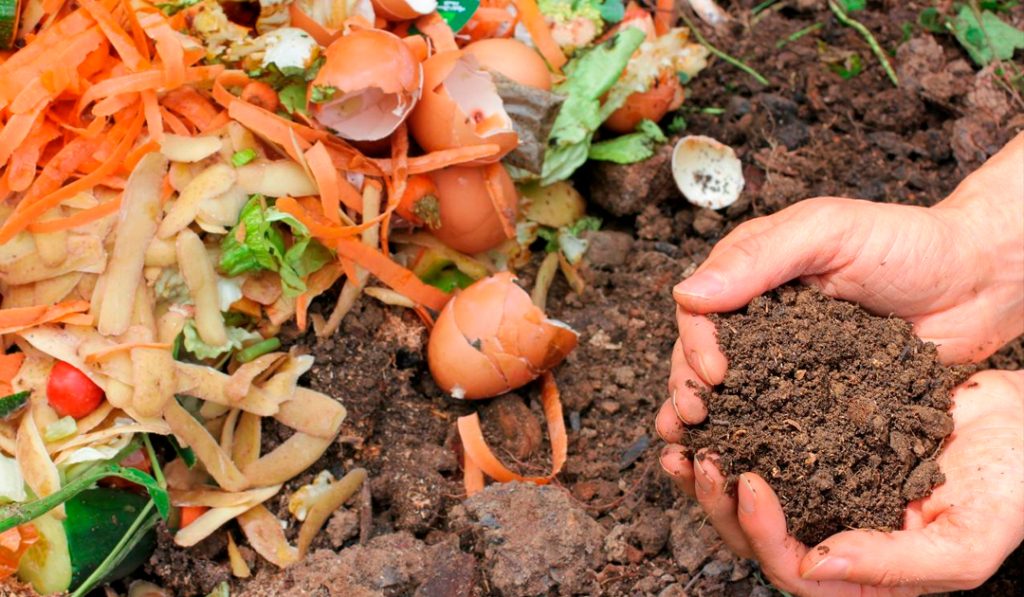
In the modern world, there is a stereotype that if you do not fertilize the soil, nothing will grow on it. But even here we will be surprised how everything is “thought out” by nature. Leaves, grass rot on the surface of the soil, excrement of birds and animals decompose – all these, in turn, feed on earthworms. Then the worms pass the remains of organic matter through their intestines and glue the soil particles with their mucus. This is how natural fertilizer is obtained. Along with these natural ingredients, farms use cow dung and compost, thanks to which farmers have fertilized their gardens for thousands of years.
CROP ROTATION
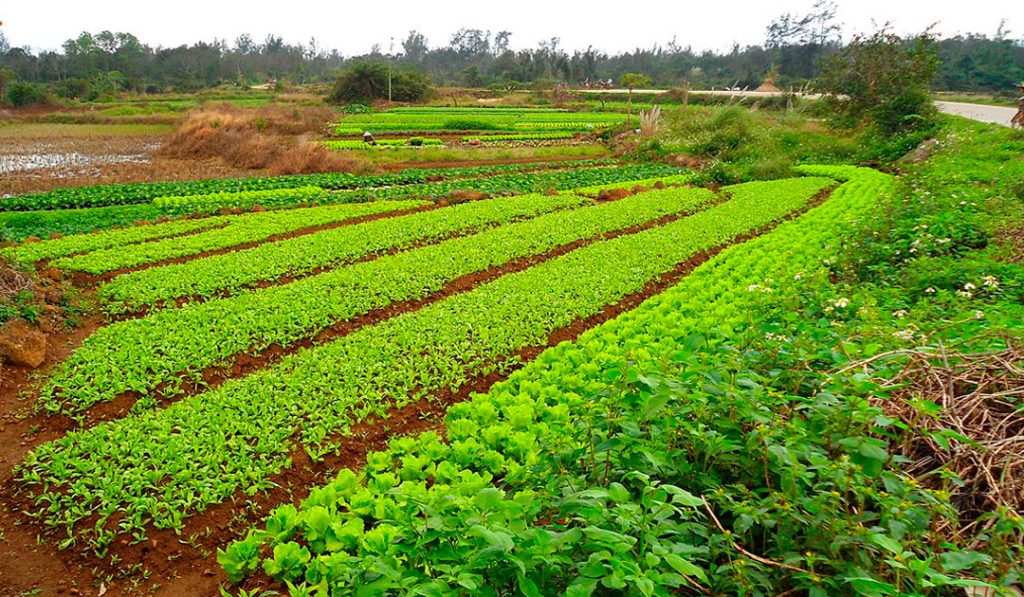

But what about the “pests” who are not averse to feasting on the harvest? In the broad practice of organic farming, plants are planted together. For example, marigolds are planted next to potatoes. Colorado beetles do not favor strong odors, and therefore they do not attack vegetable bushes and do not harm future crops. How to make sure that mother earth is abundantly fertile every year and does not deplete? Farmers practice a crop rotation system. They study plants and rotate their sowing in such a way that plants can both take from the earth the necessary elements for good plant growth, and give the soil different nutrients in return. If every year to plant the field with only cucumbers, the soil will give up and be enriched with the same elements. In this case, the threat of violation of the natural balance is high and the land may lose its fertility.
WHAT DOES IT MEAN TO BE 100% ORGANIC?
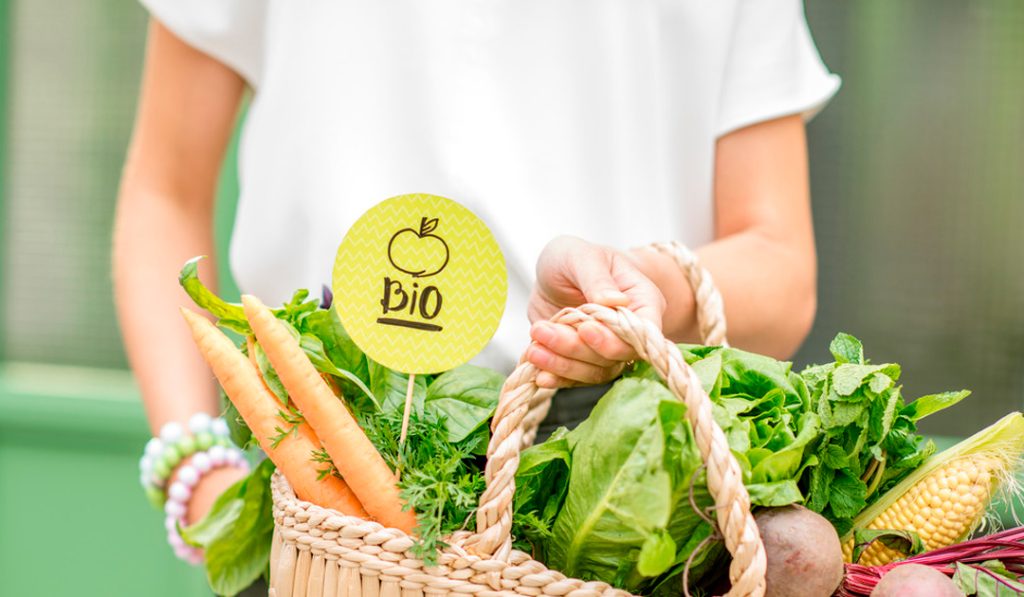
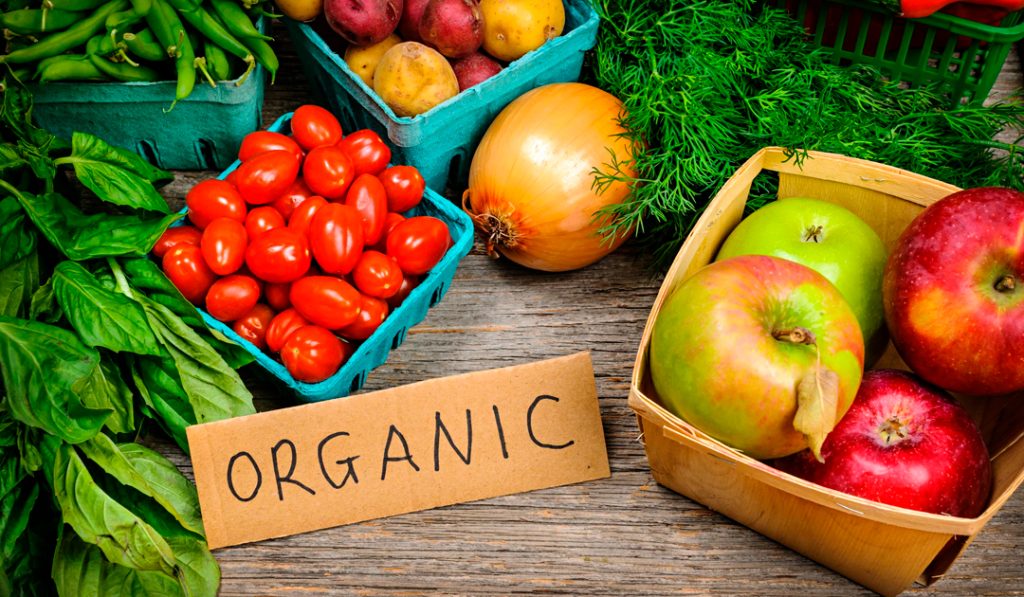
A product can only be called 100% organic if it has been grown in conditions where no chemicals or other ingredients have been applied to the soil for a period of three years. In organic agriculture, only some synthetic components are allowed, which are not toxic. Organic products contain much more useful substances, such as antioxidants, and microelements, than their counterparts grown in the traditional way using modern chemical fertilizers. The most important difference between organic and inorganic products is the absence of organic products of substances that can adversely affect the human body, such as toxic pesticides, GMOs, antibiotics, and hormones, which are serious hyper-allergenic elements and cause irreparable harm to health.
WHAT ECO VEGETABLES ARE GROWN ON SPECIALIZED FARMS?
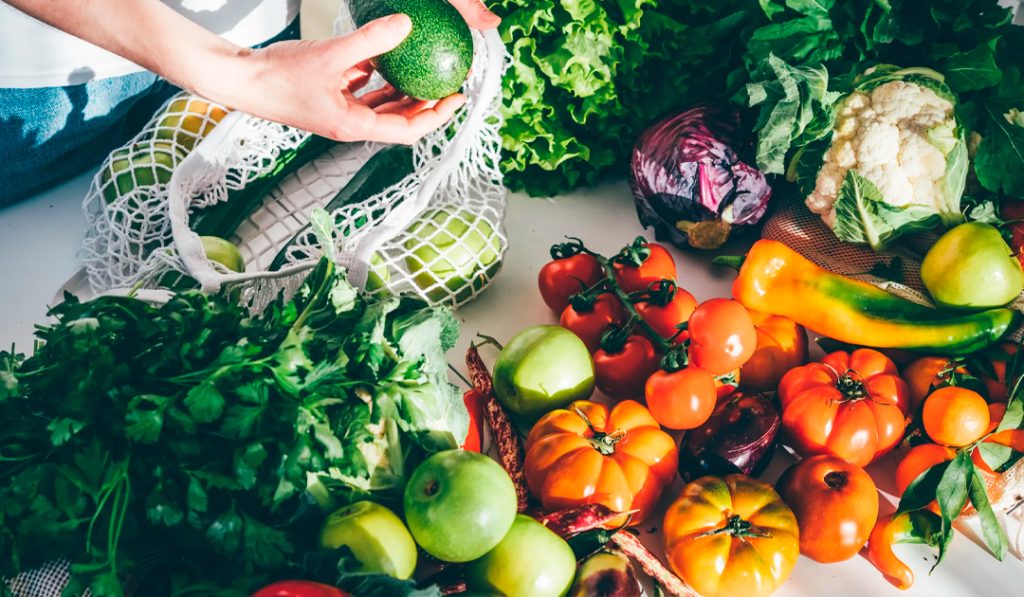
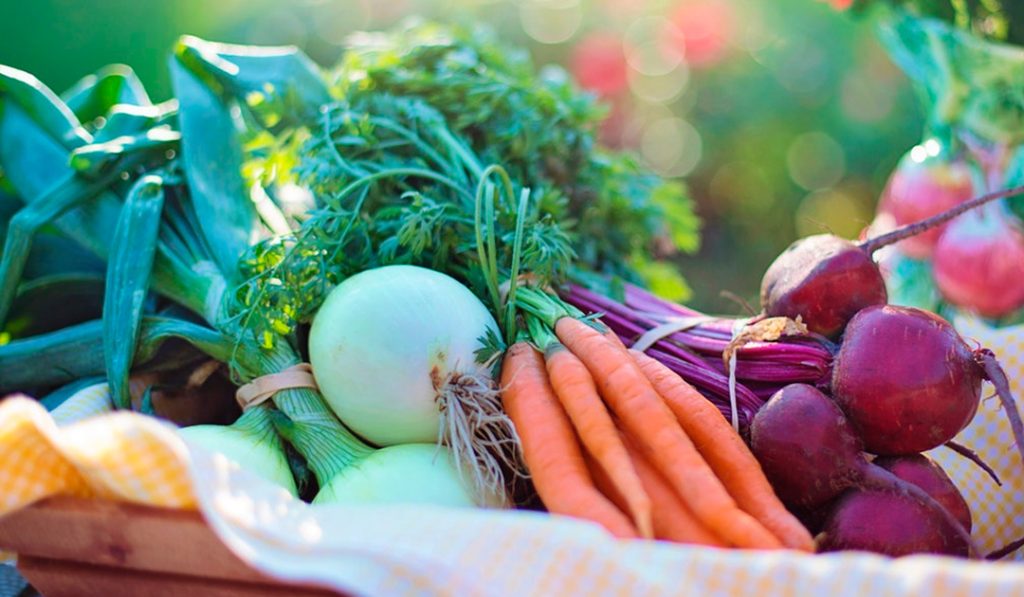
The most common organic products are the usual seasonal vegetables and greens: potatoes, cabbage, carrots, radishes, onions, and others from the popular “vegetable set”. Such products are grown both on open ground and in greenhouse conditions. The assortment of eco-farm crops includes salad vegetables and greens: tomatoes, cucumbers, sweet peppers, different varieties of lettuce, basil, eggplant, green onions, leeks, and others. Gourmets with sophisticated gastronomic needs will also find colorful cherry tomatoes, asparagus, arugula, and other rare crops in the organic product line.
And only three significant disadvantages separate us from the ability to constantly eat organic vegetables from eco-farms: a small amount of harvest, their short shelf life, and three to four times higher cost compared to conventional products. But if you add at least 20% organic freshness to your daily ration, such an addition will not hit your budget much but the benefits for the body and health will be invaluable.




